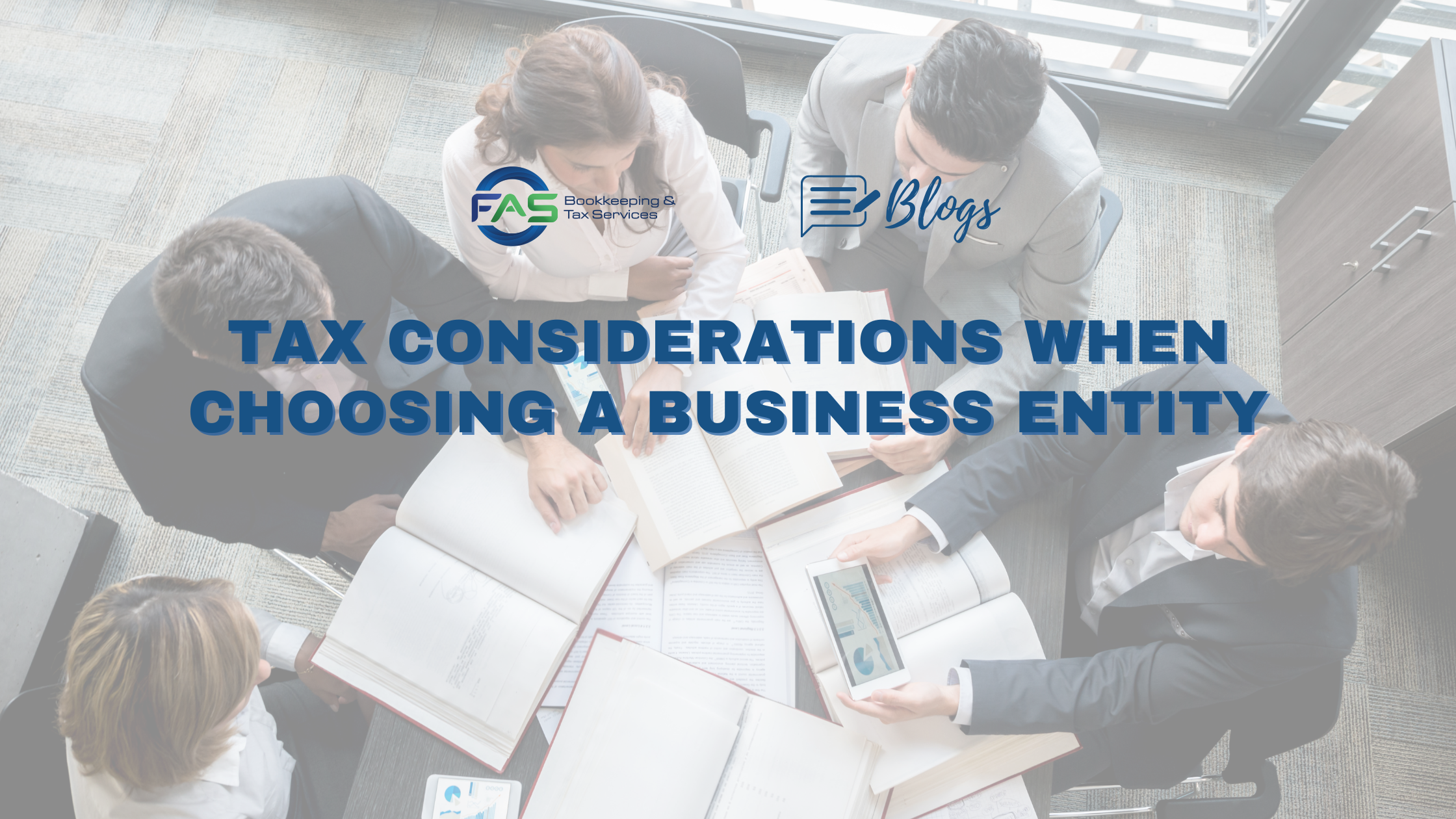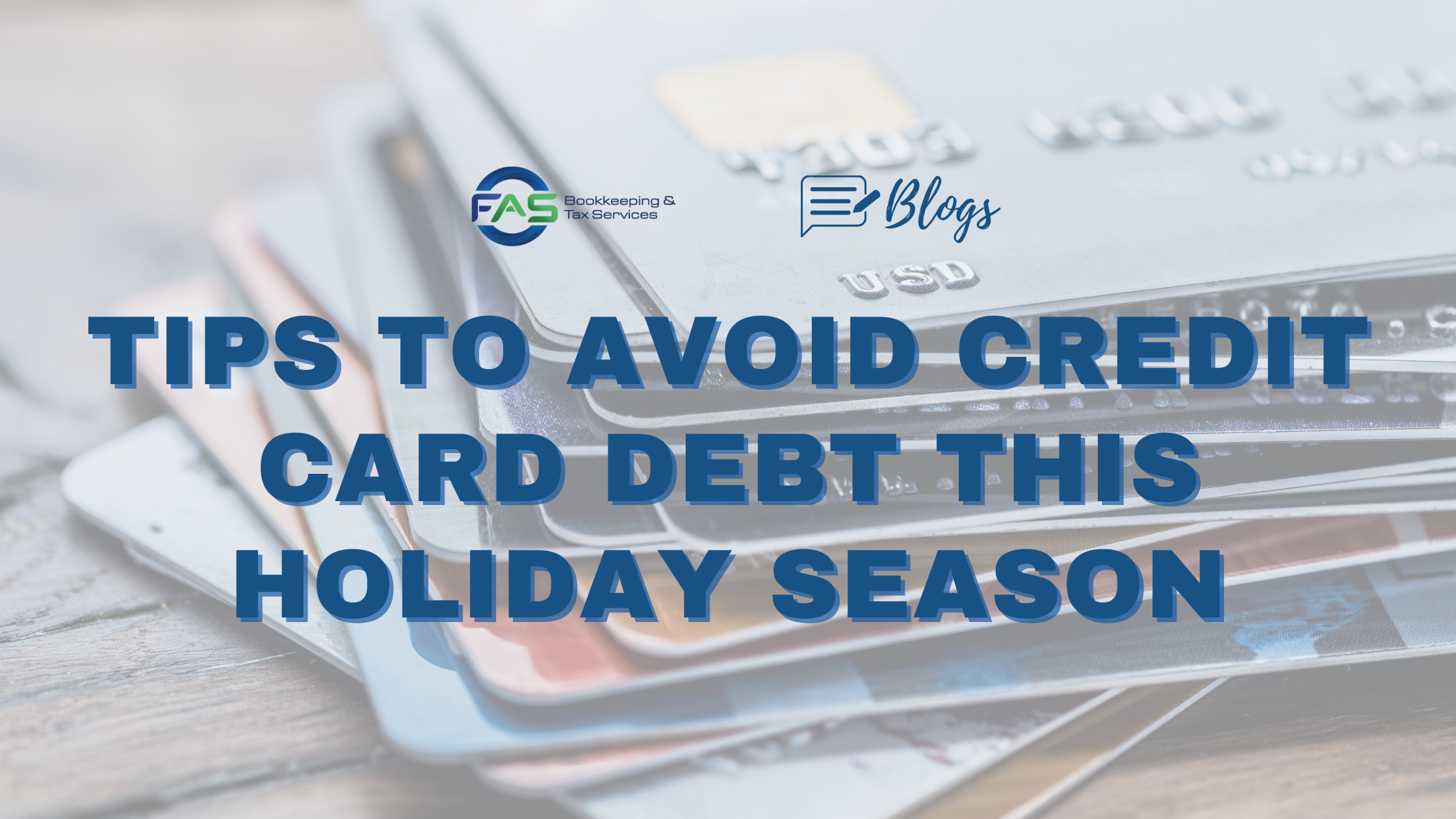Tips To Avoid Credit Card Debt This Holiday Season
Usually, credit card balances follow a seasonal pattern, with a big jump in the fourth quarter, when people are shopping for the holidays. This year is no different, but unfortunately, interest rates on credit cards are going up at the same time. Inflation has made it so that more people than ever rely on credit cards to pay for basic costs. This could lead to more and more debt. In fact, credit card balances are getting close to what they were before the recession. Since the second quarter, they have gone up by $38 billion, which is a 15 percent increase year-over-year and the biggest increase in more than 20 years.
Whether you pay off your credit card every month in full or are still paying off debt from a previous spending spree, these five tips will help you avoid overspending and stay on track with your credit card spending.
1. Review Your Credit Card Balances
Check your credit card balances before you head to your favorite store. Nothing makes you think twice about spendings like a big debt, or several of them. Writing it down makes it even stronger.
2. Control Your Spending
Before you go to the store or shop online, make a budget and stick to it. This is one of the best ways to keep your spending in check. Setting an overall budget and then researching and making a list of items for each person you give a gift to is a good way for holiday shoppers to avoid spending more than they planned. Families and friends can also agree on a maximum amount to spend, like $25 or $50 per person, do a gift exchange, or give gifts to the whole family that will be useful to everyone.
3. Pay Off High-Interest Credit Cards
Bankrate says that the average interest rate is around 19%. If you have balances on more than one credit card, try to pay off any high-interest credit cards before you spend more. If you still have a lot of debt on your credit cards and want to do some last-minute holiday shopping this year, you should avoid opening new store credit cards (the average annual percentage rate is now close to 26%) and “buy now, pay later” financing. Even though these kinds of credit may seem appealing, you will end up with more debt.
4. Pay With Cash or Use a Debit/Credit Card Tied to Your Bank Account
The “out of sight, out of mind” mentality makes people spend more when they use credit cards than when they use cash. If you don’t like carrying around a lot of cash, you could use a debit or credit card linked to your bank account instead. Since this type of “credit card” is not a revolving credit account, you must have enough money in your account to cover your purchases. If money is tight and you’re trying to save, the best way to buy things is with cash, even if it means making several trips over a few weeks. It’s also easier to keep track of how much you spend, and if the store charges a service fee for card purchases, you might save a few bucks.
5. Get Help Managing Your Debt
Most people will have to deal with debt at some point in their lives, and often more than once. Enrolled agents and other tax professionals can help you learn how to manage debt and negotiate with creditors, which is a valuable skill.
If you have any concerns relating to budgeting, interest rates, debt management, or any other issues related to your finances, don’t hesitate to get in touch with us. As always, help is just a phone call away.





